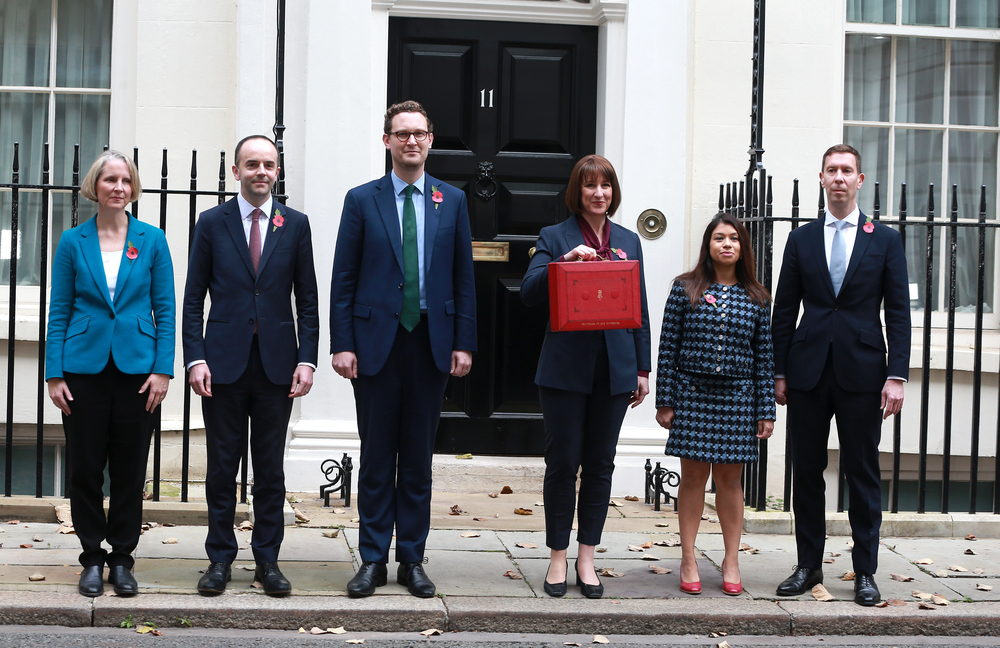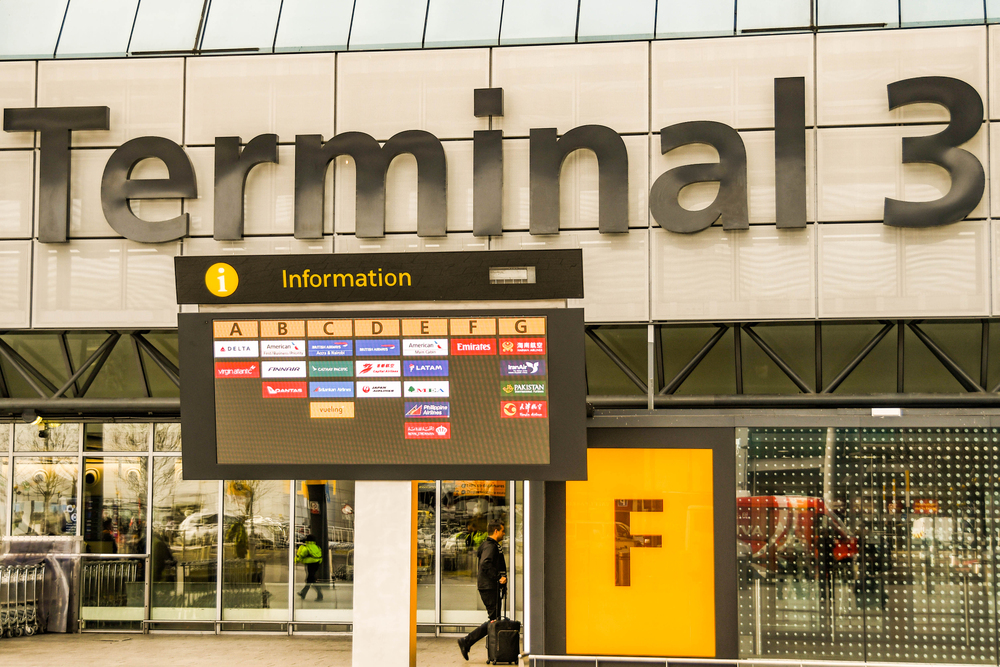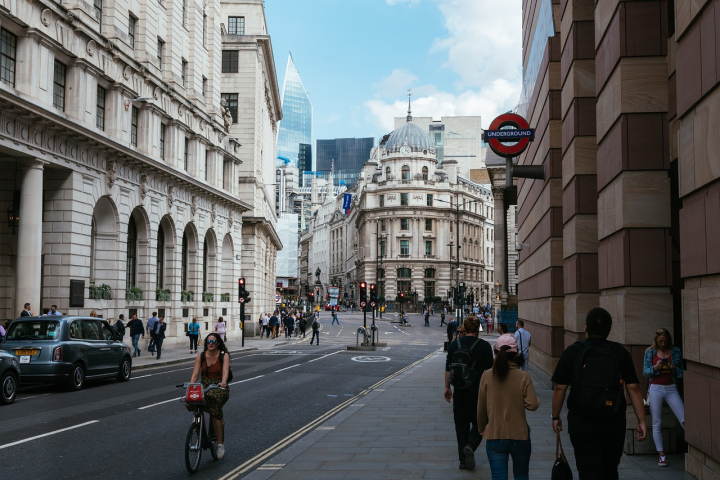In July 2025, the UK’s economic landscape is under intense scrutiny as Chancellor Rachel Reeves grapples with a potential £30 billion fiscal shortfall amid warnings against tax hikes. The Office for Budget Responsibility (OBR) has cautioned that the economy faces a “daunting year” due to unfunded spending and global trade tensions, with fresh data showing a 0.1% economic contraction in May 2025. Concurrently, speculation over a wealth tax has sparked fierce debate, with London business leaders warning that such a policy could drive investors overseas and damage economic confidence. Announced on 10 July 2025, these developments highlight the delicate balance between addressing fiscal pressures and maintaining the UK’s attractiveness as a global economic hub.
Economic Strain and Tax Hike Concerns
The UK economy’s unexpected 0.1% contraction in May 2025, reported by the Office for National Statistics (ONS), has intensified pressure on Chancellor Rachel Reeves. Missing City forecasts of 0.1% growth, the downturn follows a 0.3% contraction in April, raising fears of a sustained economic slump. Barret Kupelian, chief economist at PwC, noted, “A single month’s GDP is like a lone brushstroke; it tells you little. However, when paired together with other months, it gives us an indication of the direction of travel for the economy. And that story is beginning to turn sour for the UK.”
Key sectors driving the decline include construction, oil and gas extraction, car manufacturing (down 3.7% in May after a 9.5% drop in April), and pharmaceuticals, despite a UK-US trade deal lowering tariffs to 10% on the first 100,000 UK-manufactured vehicles.
The OBR’s latest report, released on 8 July 2025, warns of a “daunting year” ahead, citing unfunded spending commitments and recent government U-turns on welfare reforms and winter fuel payments. These policy shifts, not reflected in medium-term forecasts, are expected to exacerbate a £30 billion shortfall, compounded by a £190 billion spending splurge and global trade tensions, including US tariff uncertainties.
Professor David Miles, an OBR committee member, cautioned against further tax hikes, stating to CNBC, “The scope to simply just raise more and more tax revenue is definitely limited.” He highlighted that the UK’s tax-to-GDP ratio is nearing post-World War II levels, and additional increases could create “so many discentives” for saving, investing, and working, potentially causing “serious damage to the growth potential of the economy.”
Economists at KPMG forecast a modest 1.2% growth rate post-Spending Review, warning that public sector revenues may fall short of Reeves’ expectations. Kupelian added that the UK, previously “middle-of-the-pack” among G7 nations with 1% growth, risks slipping in rankings as momentum slows. The government’s refusal to rule out tax hikes, including a potential wealth tax and extending the income tax threshold freeze (which the Institute for Fiscal Studies estimates could raise £9 billion), has heightened concerns about economic stability.
Wealth Tax Debate: A Risky Proposition
Speculation over a wealth tax, mooted by former Labour leader Neil Kinnock as a means to raise £24 billion to plug the fiscal gap, has sparked alarm among London’s business community. At a summer reception attended by Mayor Sadiq Khan on 10 July 2025, BusinessLDN chief executive John Dickie urged the Labour government to dismiss the idea to halt damaging rumours. “The British government needs to avoid own goals,” Dickie told policymakers. “There is plenty of evidence from across the OECD that such taxes underdeliver in terms of revenues and overdeliver in terms of damaging confidence and driving people overseas. The government should quickly consign this idea to the scrap heap.”
The Institute for Fiscal Studies (IFS) and the Institute of Economic Affairs have echoed these concerns, warning that a 2% wealth tax on assets over £10 million could make the UK less attractive for wealthy individuals and entrepreneurs. IFS economist Stuart Adam noted, “Trying to raise large amounts of revenue from only the very wealthy would make the UK a less attractive place for those people to live.”
The Centre for Economics and Business Research (CEBR) cautioned that if a quarter of former non-domiciled individuals leave due to harsher tax policies, the government could lose revenue, challenging OBR projections. Wealth consultancy Henley & Partners predicted that changes to the non-domiciled tax regime could drive 16,500 millionaires out of the UK, more than double China’s losses.
Despite public support, with a YouGov poll cited by Tax Justice UK showing 75% of Brits favouring a wealth tax, economists point to international examples where similar policies in France and Spain led to lower growth and millionaire exoduses. The government’s indecision, with Prime Minister Keir Starmer refusing to rule out the tax at Prime Minister’s Questions, has fuelled uncertainty, risking investor confidence at a critical time.
Balancing Fiscal and Economic Goals
The OBR’s warnings and the wealth tax debate highlight the government’s challenge in balancing fiscal sustainability with economic growth. The £30 billion shortfall, driven by unfunded commitments and economic contraction, limits Reeves’ options. Labour’s recent U-turn on welfare reforms, expected to save £5 billion, adds to fiscal strain, while the income tax threshold freeze offers a potential revenue boost but risks further economic disincentives. The OBR report notes that these policy shifts, unaccounted for in budgets, exacerbate public finance pressures, particularly amid global trade challenges like US tariffs.
The wealth tax controversy underscores the need for careful policy design. While Kinnock’s proposal aims to address the fiscal gap, London business leaders and economists warn of unintended consequences, such as reduced investment and economic activity. The UK’s strong first-quarter growth of 0.7% has been overshadowed by recent contractions, with Kupelian noting that tariff uncertainties continue to cloud industries like car manufacturing. A strategic approach, balancing revenue needs with incentives for investment and entrepreneurship, is critical to maintaining the UK’s global economic standing.
Charting a Path Forward
The government faces a pivotal moment. The OBR’s caution against tax hikes, coupled with warnings from business leaders about a wealth tax, calls for a nuanced strategy to address the fiscal shortfall without stifling growth. Policies that encourage investment, such as streamlining business incentives or supporting key industries like manufacturing, could mitigate the economic slowdown. Meanwhile, clear communication on tax plans, particularly dismissing speculative measures like the wealth tax, could restore investor confidence and prevent capital flight.
A Vision for Stability and Prosperity
The warnings from the OBR and the wealth tax debate reflect the complex economic challenges facing Rachel Reeves. With a £30 billion shortfall looming and economic contraction threatening growth, cautious fiscal policy is essential. Rejecting a wealth tax, as urged by London’s business community, could prevent an exodus of investors and preserve the UK’s appeal as a global hub. By balancing revenue needs with economic incentives, the government can address fiscal pressures while fostering prosperity, ensuring a resilient and thriving UK economy for the future.







